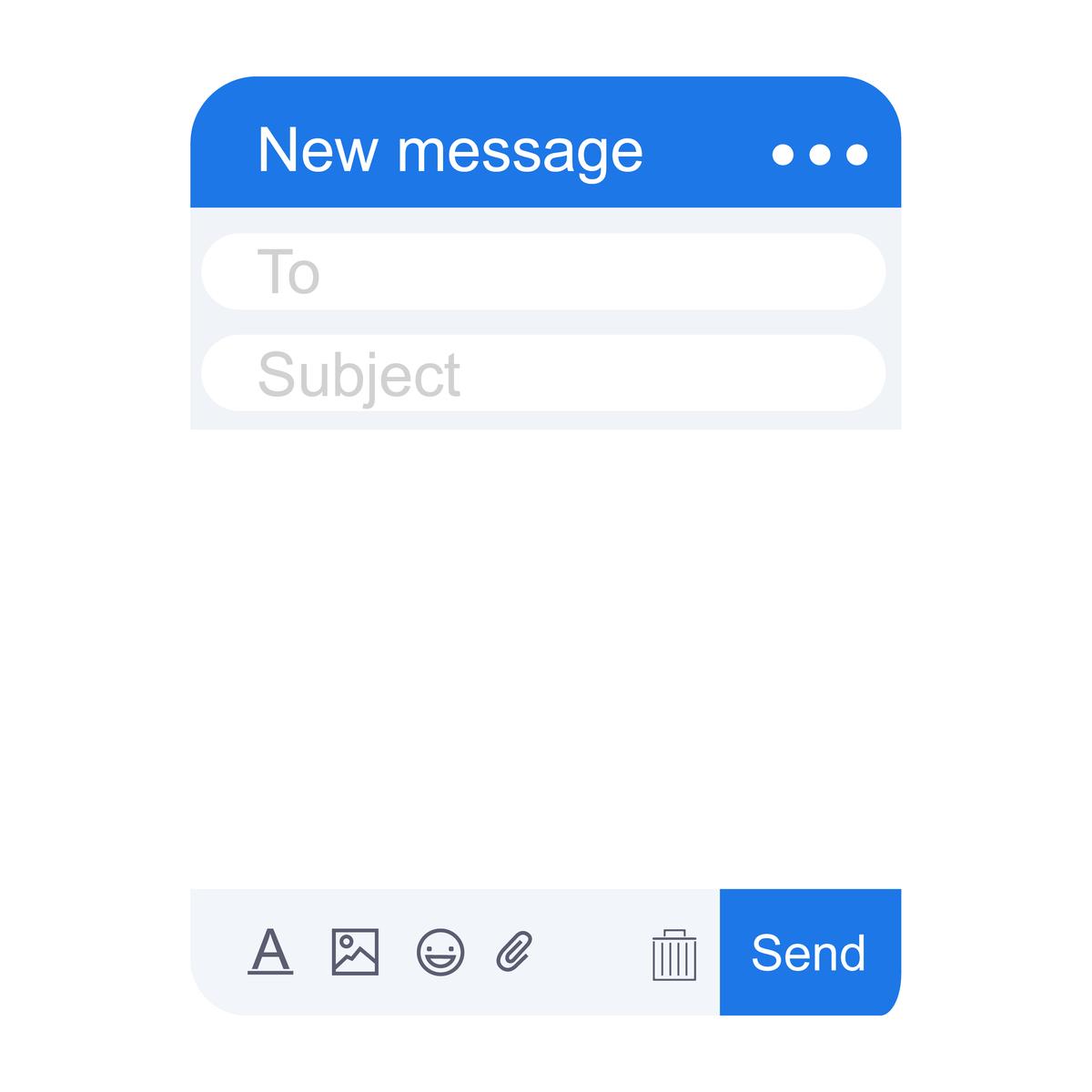C# Xamarin Android 悬浮窗实现指南
要在 C# 中实现安卓悬浮窗,需要使用 Xamarin 开发工具和 Android SDK。以下是实现步骤:
-
创建新的 Xamarin.Android 项目。
-
在项目中添加一个 Service 类,用于管理悬浮窗的逻辑。例如:
[Service(Permission = 'android.permission.SYSTEM_ALERT_WINDOW')]
public class FloatingWindowService : Service
{
WindowManager mWindowManager;
View mFloatingView;
public override IBinder OnBind(Intent intent)
{
return null;
}
public override void OnCreate()
{
base.OnCreate();
mWindowManager = GetSystemService(WindowService).JavaCast<WindowManager>();
CreateFloatingView();
}
void CreateFloatingView()
{
mFloatingView = LayoutInflater.From(this).Inflate(Resource.Layout.floating_window_layout, null);
// 设置悬浮窗的位置、大小、样式等
WindowManagerLayoutParams layoutParams = new WindowManagerLayoutParams(
WindowManagerLayoutParams.WrapContent,
WindowManagerLayoutParams.WrapContent,
WindowManagerTypes.ApplicationOverlay,
WindowManagerFlags.NotFocusable,
Format.Translucent);
layoutParams.Gravity = GravityFlags.Top | GravityFlags.Left;
mWindowManager.AddView(mFloatingView, layoutParams);
}
public override void OnDestroy()
{
base.OnDestroy();
if (mFloatingView != null)
{
mWindowManager.RemoveView(mFloatingView);
mFloatingView = null;
}
}
}
- 在 AndroidManifest.xml 文件中注册 Service 类,并添加 SYSTEM_ALERT_WINDOW 权限:
<uses-permission android:name='android.permission.SYSTEM_ALERT_WINDOW' />
<application>
<service android:name='.FloatingWindowService'
android:enabled='true'
android:exported='true'/>
</application>
-
在悬浮窗布局文件 floating_window_layout.xml 中添加需要显示的 UI 元素。
-
在 App 中启动 Service:
var intent = new Intent(this, typeof(FloatingWindowService));
StartService(intent);
- 运行 App,即可看到悬浮窗出现在屏幕上。
以上是实现安卓悬浮窗的基本步骤,具体的实现方式还需要根据具体需求进行调整。

原文地址: https://www.cveoy.top/t/topic/n2Ty 著作权归作者所有。请勿转载和采集!